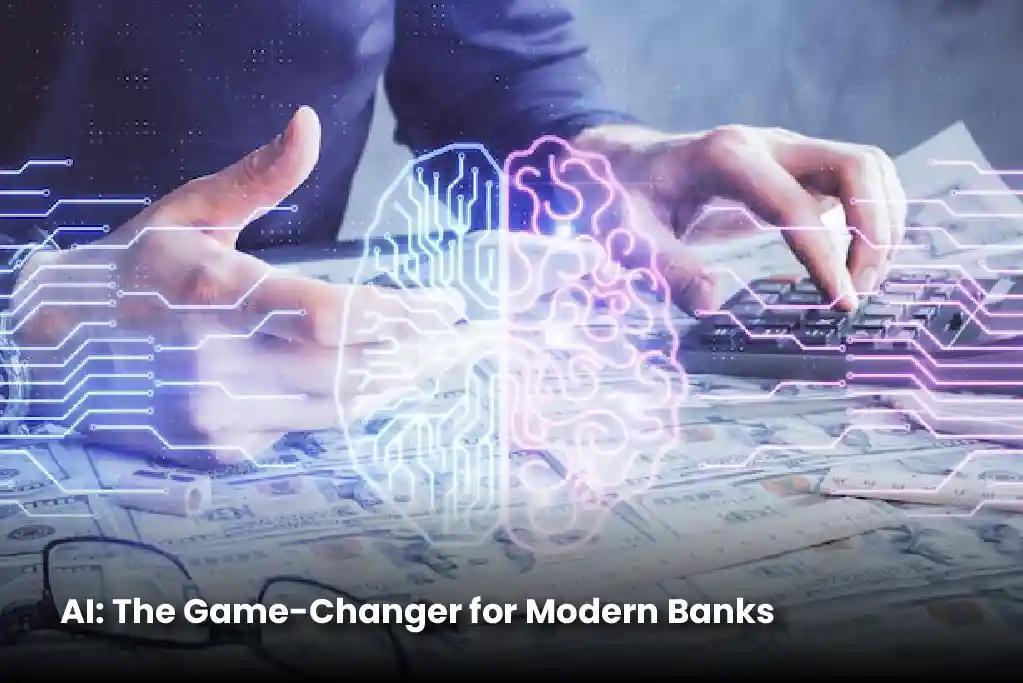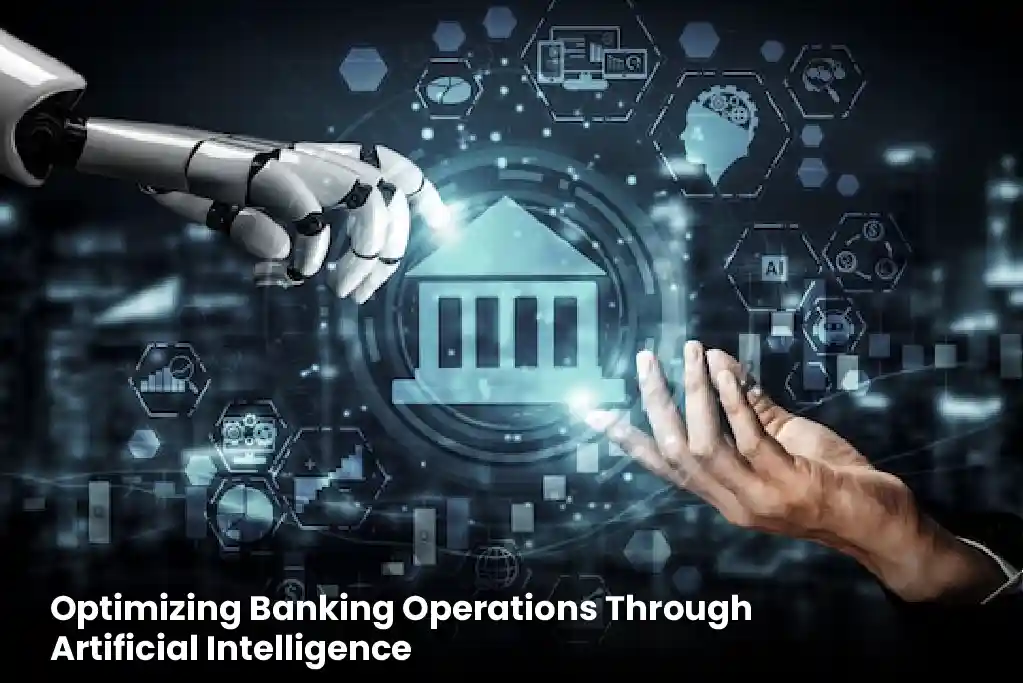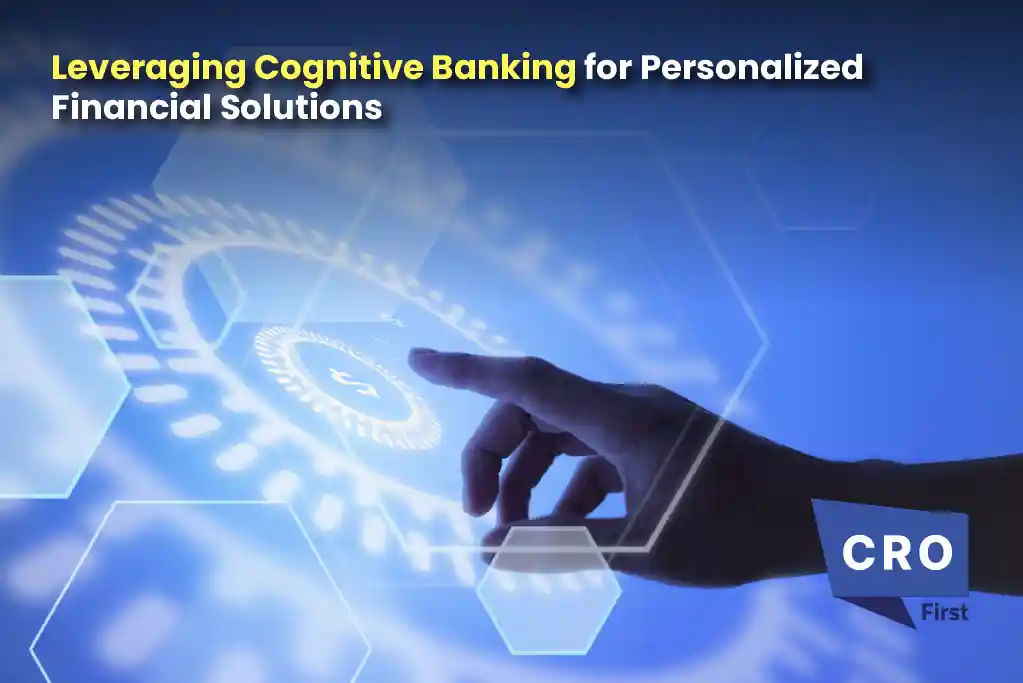Artificial intelligence (AI) is one of the new technologies that the banking and financial services industry has been implementing to improve its services in recent years. As AI’s applications in financial services grow, CIOs are looking for new technology to improve their companies’ efficiency and automation in digital banking.
But according to an IBM survey, 43% of participants believed that the banking industry had stopped innovating. Customers don’t feel impressed. In banking, they are searching for more sophisticated AI that can efficiently solve issues.
In response, banks are beginning to embrace cognitive banking, a more advanced form of AI designed to deliver personalized financial solutions. By leveraging cognitive technologies, institutions aim to move beyond traditional automation and create tailored experiences that truly resonate with individual customers.
What Does Cognitive Banking Really Mean?
Cognitive refers to the capacity for comprehension, reasoning, and learning. In the context of finance, it refers to the use of technology that makes it possible for banks to function as digital personal advisors, able to interpret a customer’s financial patterns and provide timely, insightful advice.
Instead of merely showing balances or transactions, the bank looks for trends in behavior, spots dangers or significant events, and makes pertinent suggestions. These could be duplicate subscriptions, savings recommendations, or notifications of impending overdrafts. It’s applied intelligence with a goal: to assist humans in making better decisions. It’s not just automation.
AI: The Game-Changer for Modern Banks

A subfield of artificial intelligence called cognitive computing makes use of vast volumes of knowledge to simulate how the human brain works.
It is a cutting-edge self-learning tool that uses natural language processing, big data, and predictive analytics to assist staff members and clients. Natural language processing, robotization, machine learning, and other cognitive technologies expedite workflows and minimize human contact.
The machine grows more efficient as it gains knowledge, which raises efficiency standards and produces the best possible customer experience. With its cutting-edge offerings, this technology is enhancing the financial industry.
These days, cognitive computing is essential for addressing problems and making decisions because of its dynamic composition. Cognitive computing has the ability to solve problems automatically, in contrast to conventional computer systems that rely on rules and methods.
Optimizing Banking Operations Through Artificial Intelligence

In order to meet evolving consumer needs, the financial services industry keeps up its digitization initiatives. Customers now demand quicker, better, and more individualized services from banks due to the effects of COVID-19.
Because cognitive computing mimics the processing of the human brain through machine learning, voice, vision, natural language processing, and human-computer interfaces, it has enormous potential in the banking industry.
This technology seeks to improve in-person service, deliver products promptly, answer questions more quickly and effectively, and use consumer data to make tailored decisions for each individual client.
Banks will therefore have a competitive edge if they integrate cognitive technologies into their decision-making, transaction execution, and customer experience.
Consumers do not object to banks becoming increasingly automated, but they do anticipate that these systems will be more efficient than human engagement. This include providing timely answers to consumer inquiries, resolving problems, and presenting options.
Four areas of financial services will be impacted by cognitive computing, according to CAPCO.
1. Personal Banking
Users will be able to access virtual assistants with more extensive skills than human assistants thanks to cognitive banking. These devices can assist customers with their inquiries, transactions, and banking issues considerably more quickly because to the financial data they contain.
Giving users account information, displaying spending trends, or completing transactions are some of the solutions offered by cognitive development in banking. However, these assistants would surpass human bankers in that they might offer more individualized attention to clients, warn users about excessive spending, and suggest investments or savings.
2. Call Center Operations
Cognitive banking can also be used to gather consumer data from social media or other sources (with the cooperation of the customer), learn about their lifestyle, and tailor a service portfolio to their preferences.
By automating processes and eliminating the need to navigate through many departments to get this information, cognitive banking can save time.
3. Wealth Management
Wealth managers would benefit from the digitalization of banking and other industries. Even though online financial advisors and robot guidance can help consumers with investments, they are insufficient to effectively answer complicated questions or support suggestions.
Artificial intelligence and cognitive computing can be used to create a virtual assistant that functions similarly to a human financial counselor. A bot with enough intelligence to mimic a human brain would perform the same tasks as a human professional but more quickly and effectively.
By giving them advice based on their preferences and the yields and returns that certain investments offer, these bots are trained to satisfy the investing needs of their clients.
Cognitive banking enables consumers to have access to financial advisors around-the-clock to help them make decisions.
4. Lending
Customers in need of a loan will be able to access the services that best suit their levels of solvency because of cognitive banking.
Cognitive banking makes it possible to analyze each client separately using the financial data they have received. After that, banks can determine if they qualify for a loan or not.
This will also assist in anticipating potential loan defaults in advance.
The Cognitive Bank and Its Pillars of Success
Organizational operations can be revolutionized by cognitive computing. By producing fresh insights and speedy fixes to deliver superior client service, it enhances workers. It presents a chance to enhance financial services in three areas:
● An Increase in Involvement
Greater personalization is possible with cognitive banking because of its improved client knowledge and ongoing learning. It also delivers a better user experience with a virtual assistant that answers all of the customer’s questions and communicates with them directly via web or mobile at any time of day.
A bank in Asia created cognitive software that learns from the words, gestures, and behaviors of its clients in order to gather information about them. The bank provided specialized services after learning about their preferences, thanks to this program.
Enhancing engagement with cognitive computing lowers operating costs, wait times, and customer happiness.
● Novel Analytical Insights
Better decision-making is made possible by collaboration between employees and cognitive technology, which applies deeper customer knowledge.
Banks are better able to comprehend the characteristics of each user and enhance their services in this way. There is also a higher conversion rate when reaction times are reduced.
Accessing fresh analytical insights also makes it possible to filter both internal and external data, yielding insights on financial performance, emerging trends, and strategic intent. Market risks are reduced, and new value opportunities are presented.
Better utilization of resources, lower training costs, and quicker incident resolution are other advantages.
● Organizational Change
Advanced client data and familiarity with all current banking rules can be matched by cognitive banking. In this approach, it can provide more visibility into business difficulties, align company policies and procedures, conduct inspections, and keep an eye on risk.
Increased transparency, improved data and document management, regulatory compliance, and a dynamic perspective of the evolving regulatory landscape are all advantages that banks can gain from cognitive banking.
Final Thoughts
When it comes to managing their accounts or obtaining banking services, younger generations are calling for a more individualized user experience and the digitization of financial services. To prevent losing potential clients, banks must thus continuously update and implement new technologies. Banks will have a competitive edge if they can adjust to these new technologies.
The financial industry will be impacted by the usage of cognitive technologies for decision-making and transaction execution, as well as increased customer insight and time and resource management. Customers’ user experience will be significantly enhanced by this technology, which will allow them to access all the information and care they require on their mobile devices around-the-clock. The banking industry is set to undergo a dramatic transformation with the implementation of cognitive banking.



